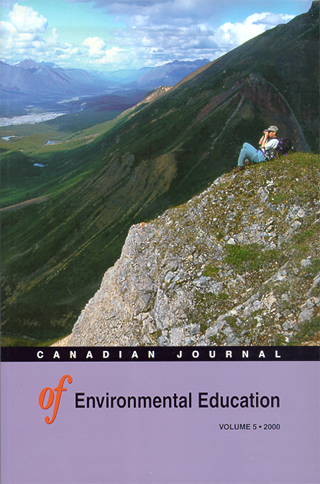Water in an Era of Peace: Teaching for Regional Cooperation in a Multicultural Setting
Abstract
For the last three years, a joint project sponsored by the Netherlands-Israel Research Program has been in progress. The study was primarily meant to evaluate an educational intervention aimed at changing prevailing attitudes of Palestinian and Israeli youth towards peace and regional collaboration in managing shared resources, such as water. Based on a cognitive approach to attitudinal change, a curriculum on water issues was constructed and implemented on an experimental sample of junior high students in the Palestinian Authority and in Israel, as well as in several teacher training colleges in Israel. The basic assumption of the project was that new persuasive information can support the construction of salient beliefs regarding peace and cooperation. The findings of our study indicated a significant growth in knowledge among all the study's participants. Despite this, changes in attitudes were small. Several explanations are offered to explain the lack of relationships between knowledge gains and attitude changes—some related to the cognitive mechanisms employed in processing major versus minor information, and some to assymetries in processing information related to the dichotomies of war versus peace and profit versus loss. It became clear that attitudinal change could not be achieved through cognitive mechanisms alone. Other more effective factors should be incorporated in planning a curriculum that aims to educate people toward peaceful coexistence.Downloads
Published
2000-01-01
Issue
Section
Articles


